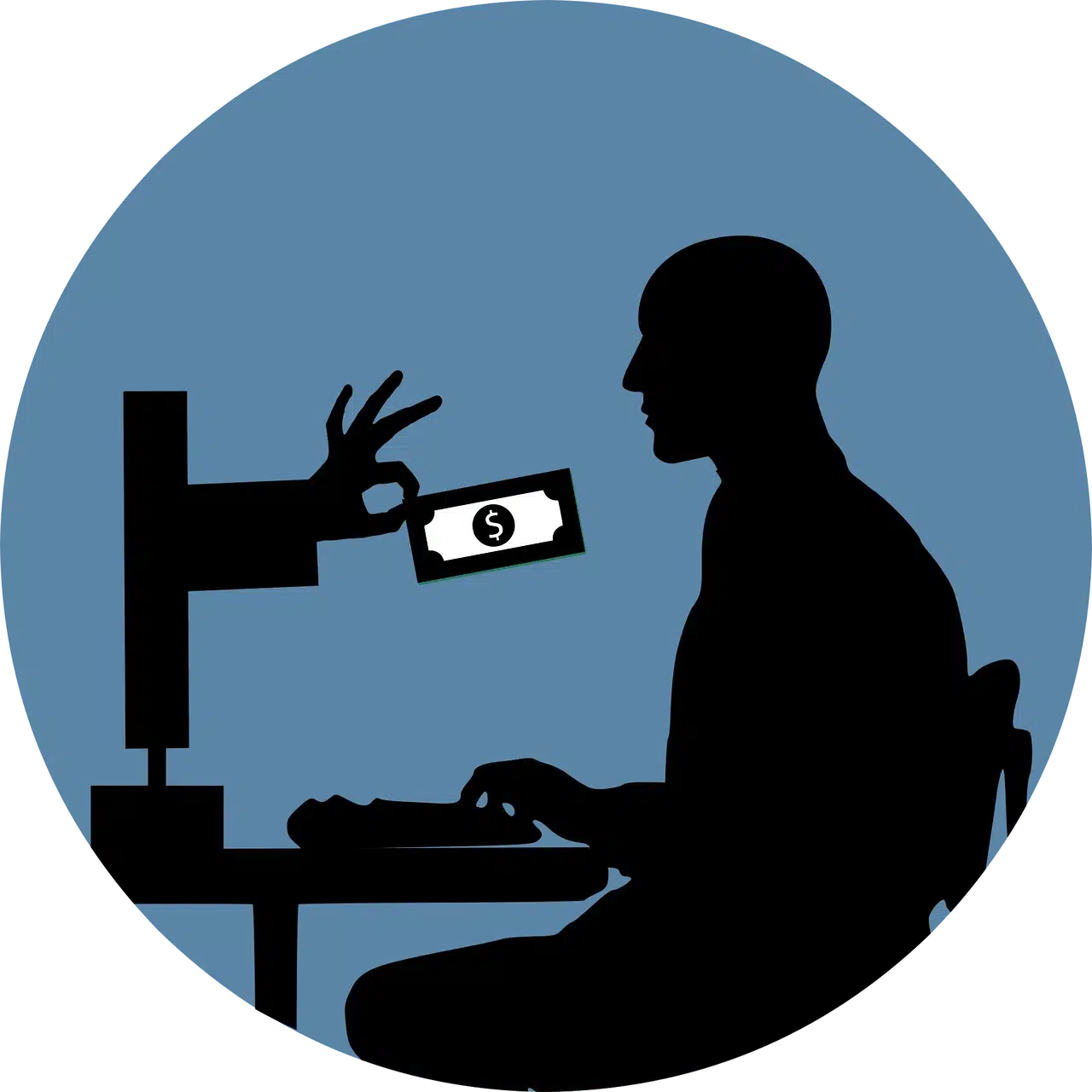What Is the Correct Way to Pay off Debt: Expert Guide

Knowing how to pay off debt is key to financial stability. Start by understanding your current financial state. This means figuring out what debts you have and how much you owe. Knowing how much you owe and making a smart plan can help you become debt-free. This journey leads to financial freedom and peace of mind.
Key Takeaways
- Assess your current debt situation to create an effective payoff strategy.
- Understanding different types of debt is crucial for prioritizing repayments.
- Implementing a budget can guide your debt repayment plan.
- Explore options such as balance transfer credit cards or debt consolidation loans for faster repayments.
- Establish an emergency fund to avoid accumulating further debt in unforeseen situations.
Understanding Your Debt Situation
Getting a clear picture of your debt is key to financial health. Knowing what debts you have helps you plan how to pay them off. The average American owes $96,371, so having a plan is crucial. You might have credit card balances, loans, medical bills, or mortgages. Sorting out these debts helps you manage them better.
Identifying the Types of Debt You Have
Knowing the types of debt you have is crucial for your repayment plan. Here are some common ones:
- Secured Debt: This includes loans like auto loans or mortgages, backed by something you own.
- Unsecured Debt: This is debt like credit card balances or student loans, without collateral.
- Revolving Debt: This is for ongoing credit use, like credit cards, where you can keep using and paying off. Over 38% of American households have revolving credit card debt.
- Installment Debt: This is for loans paid in fixed amounts over time, like personal loans.
Assessing Your Total Debt Balances
To manage your debt well, you need to know your total balances. Start by making a detailed list of each debt. This method gives you a clear view of your debts. It helps you set goals for paying them off. Knowing your debt balance helps you make smart choices to improve your finances.
What is the correct way to pay off debt?
Starting to manage your money means knowing where you stand. You need to compare what you earn to what you spend each month. This is the first step in making a plan to pay off debt responsibly.
Nearly 8 out of 10 Americans (78%) live paycheck-to-paycheck, highlighting the importance of creating a budget. A well-structured budget allows you to manage your money effectively, making it an essential tool for tackling debt.
Evaluating Your Monthly Income and Expenses
First, track all your income and monthly costs. This lets you see where your money goes. To get a clear picture, split your expenses into two main groups:
- Mandatory Expenses: These are things like rent, utilities, food, transportation, and insurance.
- Discretionary Spending: This includes things like entertainment, dining out, and subscriptions.
By knowing the difference, you can find ways to save. This means more money for debt repayment without neglecting essential needs.
Understanding the Importance of a Budget
Creating a budget is essential for managing debt effectively. It provides a clear picture of your financial health, helping you determine how much you can save or allocate toward debt repayment. In fact, 74% of Americans aged 18 and older already use a monthly budget.
By tracking your spending, you can identify areas to cut back. Reducing non-essential expenses can significantly accelerate your progress toward becoming debt-free.
Having a budget also keeps you on top of bills. Paying on time avoids problems and can improve your credit score. This can lead to better loan terms later. Also, having an emergency fund protects you from unexpected costs and keeps you out of debt.
By following these steps, you can make a solid plan to reduce debt. Taking the time to understand your finances and make a budget is a smart move toward becoming debt-free.
Choosing a Debt Payoff Strategy
Choosing the right debt payoff strategy is key to financial freedom. You might consider the snowball method or the avalanche method. Each has its own benefits, depending on your financial situation and what motivates you.
The Snowball Method Explained
The snowball method starts with the smallest debt first. This builds momentum and motivation as you quickly clear smaller debts. It’s a great way to feel a sense of accomplishment and keep moving forward.
The Avalanche Method Explained
The avalanche method, on the other hand, targets high-interest debts first. This approach can save you money by reducing interest over time. It’s a smart choice for those looking to cut costs.
Comparing the Two Methods
Knowing the differences between these methods helps you pick the best one for you. Here’s a quick comparison:
| Method | Focus | Potential Benefits | Ideal For |
| Snowball Method | Smallest debts first | Builds motivation through quick wins | Individuals seeking psychological boosts |
| Avalanche Method | High-interest debts first | Saves money on interest over time | Individuals motivated by saving money |
Understanding your personal preferences is crucial in choosing a debt payoff method. If quick wins motivate you, the snowball method might be best. For saving money, go with the avalanche method. No matter your choice, keeping track of your debts is vital for success.
Alternative Methods to Pay Off Debt Faster
If you want to get out of debt quickly, there are other ways to try. These methods can make your finances easier to handle and save you money on interest.
Potential Benefits of Debt Consolidation
Debt consolidation means combining all your debts into one loan. This often has lower interest rates and fixed payments. It helps you pay off high-interest debts faster. By doing this, you’ll have fewer payments to keep track of each month. This makes managing your money easier.
Using a Balance Transfer Credit Card
A balance transfer credit card offers a chance to pay off debts quickly. It has interest rates as low as 0% for a year or more. This can help you pay off balances faster.
But, watch out for balance transfer fees and the rate that kicks in after the promotion. Using a balance transfer card wisely can save you a lot of money and help you achieve financial freedom faster.
Securing a Debt Consolidation Loan
Getting a debt consolidation loan is another option. It lets you combine multiple debts into one, usually at a lower interest rate. This makes your monthly payments smaller and easier to manage.
When looking into this, it’s important to compare different lenders and their offers. This way, you can find the best loan for your situation. It will help you pay off your debts more efficiently.
Conclusion
Paying off debt is a significant step toward achieving financial stability and peace of mind. By understanding your current financial situation, creating a budget, and choosing the right strategies, you can take control of your debt and make steady progress toward becoming debt-free.
Don’t forget the importance of an emergency fund and tracking your spending to avoid falling back into debt. Leveraging tools like debt consolidation or balance transfer cards can further streamline your journey. With careful planning, smart decisions, and persistence, you’ll not only clear your debts but also lay the foundation for a stronger financial future.
Read More
If you’re looking for additional strategies to manage debt or need insights into borrowing options, check out these related articles:
- How To Borrow Money
- How To Borrow Money With Bad Credit
- How To Borrow Money From Bank
- How Can I Borrow Money Online Instantly
These resources can provide valuable guidance on borrowing and debt management, helping you take control of your financial journey.
FAQ
What should I do first to pay off my debt?
Start by checking your current financial situation. List all your debts, their balances, interest rates, and minimum payments. This gives you a clear picture of what you owe, helping you plan how to pay it off.
What types of debt should I prioritize?
It depends on your debt repayment strategy. If you use the Snowball Method, start with the smallest balance to build momentum. For the Avalanche Method, focus on the debt with the highest interest rate to save money over time.
How do I create a budget for debt repayment?
First, compare your monthly income to your expenses. Separate necessary expenses from discretionary spending. A good budget helps you save enough for debt repayment while still covering essential bills.
What is debt consolidation?
Debt consolidation combines multiple debts into one loan or payment. It simplifies your finances and may lower your interest rates. This makes managing payments and paying off debt easier.
Is a balance transfer credit card a good option for paying off debt?
It can be a great choice. Balance transfer credit cards often have zero percent interest for a while. This lets you pay down your debts quickly. Just watch out for transfer fees and make sure you can clear the balance before the offer ends.
Should I pay more than the minimum payment on my debts?
Yes, paying more than the minimum can speed up debt repayment. It also cuts down on the total interest you pay. Every extra dollar helps you get rid of your debt faster.






